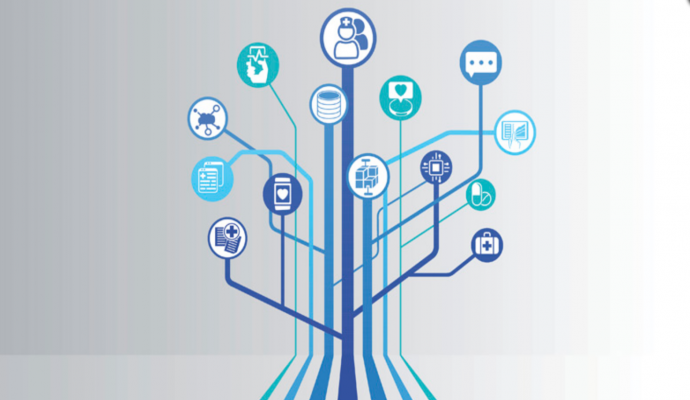GSK, CureVac Partner to Manufacture mRNA Vaccines, Antibodies
GSK and CureVac will leverage their individual mRNA technology platforms to develop and scale up mRNA vaccines and antibodies to treat and prevent infectious diseases like COVID-19.

Source: Thinkstock
- GSK and CureVac recently announced a collaboration for the research, development, manufacturing, and commercialization of five mRNA-based vaccines and monoclonal antibodies (mAbs) targeting infectious disease pathogens.
GSK will leverage CureVac’s mRNA technology and its mRNA manufacturing capability with its existing expertise in vaccines, including its own mRNA (SAM) vaccine technology platform, to develop opportunities across a range of infectious disease pathogens.
“Through the application of mRNA technology, including SAM, we hope to be able to develop and scale up advanced vaccines and therapies to treat and prevent infectious diseases quicker than ever before” Roger Connor, president of GSK vaccines, said in the announcement.
By using mRNA technology in vaccines and medicines, antigens can be produced by the body’s own cells and allow the immune system to prevent or fight disease.
In the collaboration, GSK will fund R&D activities at CureVac related to the development projects covered by the collaboration.
CureVac will be responsible for the preclinical- and clinical-development through Phase 1 trials of these projects, as well as for the GMP manufacturing of the product candidates, including for commercialization. CureVac will also retain commercialization rights for selected countries for all product candidates.
Under the terms of the agreement, GSK will make an equity investment in CureVac of nearly $165 million, an upfront cash payment of almost $132 million, and a one-time reimbursable payment of $32.85 million for manufacturing capacity reservation, GSK said.
Additionally, CureVac will be eligible to receive development and regulatory milestone payments of up to 350 million commercial milestone payments of up to $415 million and tiered royalties on product sales.
Advancing mRNA-based vaccine and treatment technologies is expected to improve response against future pandemics, GSK said.
Pharmaceutical companies continue to work to create mRNA-based vaccines and boost access to care for patients.
Pfizer and BioNTech recently announced an agreement with the UK to supply 30 million doses of their BNT162 mRNA-based vaccine candidate against COVID-19.
The vaccine, which is currently in development, is subject to clinical success and regulatory approval.
The BNT162 program is based on BioNTech’s mRNA technology and supported by Pfizer’s global vaccine development and manufacturing capabilities.
Currently, various vaccine candidates in the program are undergoing clinical studies and are not approved for distribution anywhere in the world.
More recently, Pfizer and BioNTech announced an agreement with HHS and the Department of Defense to begin delivering 300 million doses of a COVID-19 vaccine in 2021 as part of the US government’s Operation Warp Speed program goal.
As part of the agreement, the government will receive 100 million doses of BNT162.
Americans will receive the vaccine for free as part of the US government’s commitment for free access for COVID-19 vaccines.
The government will pay the companies $1.95 billion upon the receipt of the first 100 million doses, following FDA authorization or approval. The government can also acquire up to an additional 500 million doses.
mRNA is a subtype of RNA. RNA vaccines have many benefits and differ from typical vaccines because they rely on a different way to mimic infection, according to researchers at a Harvard University.
Compared to other vaccine types, mRNA vaccines are more robust and versatile, as well as equally efficient, researchers explained. Additionally, RNA vaccines are faster, safer, and cheaper to produce compared to traditional vaccines.
An investigational COVID-19 mRNA vaccine was generally well-tolerated and prompted neutralizing antibody activity in healthy adults, according to interim results recently, according to results published in The New England Journal of Medicine.
Specifically, the mRNA vaccine-induced anti-SARS-CoV-2 immune responses in all participants and no trial-limiting safety concerns were identified.
The vaccine, mRNA-1273, is being co-developed by researchers at NIAID and Moderna Inc. and is designed to induce neutralizing antibodies directed at a portion of the coronavirus “spike” protein, which the virus uses to bind to and enter human cells, researchers said.
